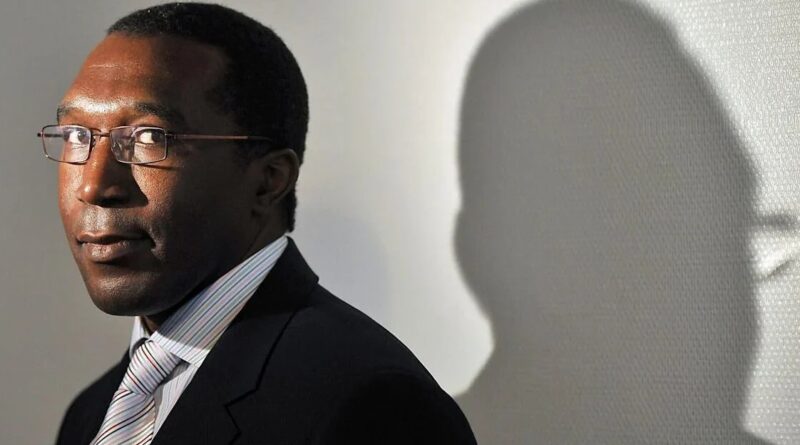Paris court sentences Rwandan Doctor to 27 years for role in 1994 Genocide against Tutsi
Dr. Eugene Rwamucyo, a Rwandan doctor residing in France, was sentenced to 27 years in prison by a Paris court for his involvement in the 1994 genocide against the Tutsi in Rwanda.
The sentence comes as part of France’s ongoing legal proceedings against individuals accused of participating in the genocide, which claimed the lives of over 800,000 people, primarily members of the Tutsi ethnic group, within 100 days.
Rwamucyo, who fled to France following the genocide, was found guilty of crimes against humanity and complicity in genocide.
The court’s decision reflects the severity of the charges against him, marking yet another instance in which French courts have prosecuted individuals linked to the 1994 events, even as the genocide took place far from French soil.
This verdict underscores the commitment of France and other nations to bring to justice those involved in the tragic chapter of Rwanda’s history, regardless of where they now reside.
Evidence presented in court linked Dr. Rwamucyo to specific acts during the genocide, including incitement to violence and the orchestration of violent attacks on Tutsi civilians. Testimonies from survivors and former associates depicted Rwamucyo as actively involved in planning and encouraging acts of ethnic violence.
While the accused has consistently denied any direct involvement in the atrocities, prosecutors built their case on detailed witness accounts and other forms of evidence that positioned him among figures responsible for inciting mass violence in his community.
During the trial, which lasted several weeks, the court heard from both survivors and experts in international human rights. Witnesses recounted harrowing experiences of violence and mass killings, and survivors pointed to Rwamucyo’s influential role as both a prominent community member and a doctor. The prosecution argued that he used his position to fuel ethnic divisions, making him complicit in the wave of terror that swept through Rwanda.
In response to the court’s verdict, Dr. Rwamucyo’s defense team announced plans to appeal, arguing that the court’s judgment was based on witness accounts that were biased or unreliable. They contended that the defendant had been mischaracterized and that the testimonies were inconsistent with his activities during that period. However, the court found the evidence compelling enough to warrant a lengthy sentence, citing the necessity of accountability and justice for survivors and victims of the genocide.
This case represents one of several that have recently come to trial as French courts examine the roles of individuals residing in France who were allegedly involved in the genocide. For years, human rights organizations and genocide survivors have called on European countries to take legal action against those suspected of atrocities who have since sought refuge abroad. France, in particular, has faced scrutiny over its historical relationship with Rwanda and has made efforts in recent years to address allegations against individuals connected to the genocide within its jurisdiction.
The Rwandan government has repeatedly called for international cooperation to prosecute those responsible for the genocide. Following the Paris court’s verdict, a spokesperson from the Rwandan government expressed satisfaction with the decision, highlighting the importance of international justice systems in addressing the legacy of the 1994 genocide. They noted that this verdict not only helps bring justice to survivors but also sends a powerful message about the global commitment to combat impunity for crimes against humanity.
The sentencing of Dr. Eugene Rwamucyo stands as a reminder of the enduring impact of the 1994 genocide on Rwanda and the continuing search for justice. For survivors, each conviction serves as a step toward healing, though the memories and trauma remain. France’s role in prosecuting such cases reflects the country’s commitment to pursuing justice, even years after the events, recognizing that crimes of this nature have no statute of limitations.
As Rwanda and the international community observe the outcome of this trial, the focus remains on reconciliation, remembrance, and justice. The sentence given to Dr. Rwamucyo reinforces the belief that accountability is essential in preventing future atrocities and supporting survivors in their pursuit of justice.
Teradignews

